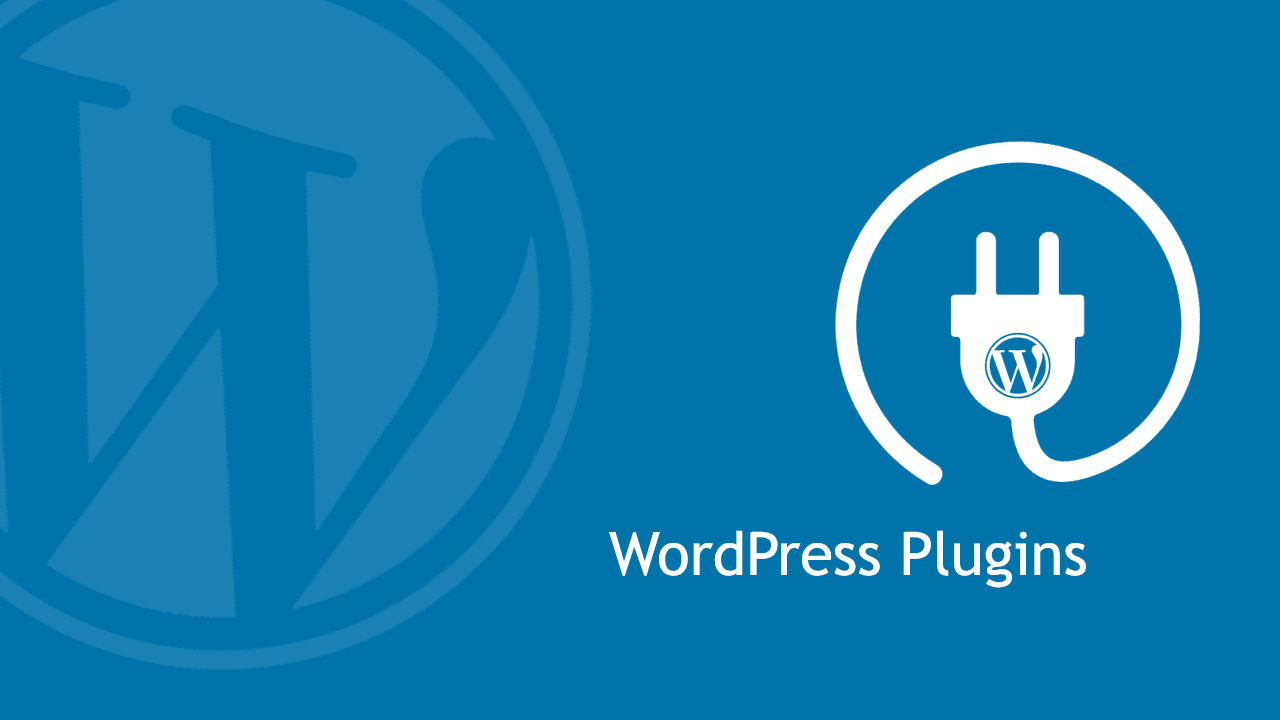Today, every decision you make for your website can have implications for your search engine rankings. One of the fundamental decisions every website owner faces is the choice of hosting The two most commonly compared hosting types are VPS vs Shared Hosting. While neither directly impact SEO, the indirect effects can play a crucial role. In this post, we’ll dive deep into the differences between VPS and shared hosting in the context of SEO.
Speed and Performance
VPS:
With a VPS, you get a dedicated portion of a server’s resources. This means that regardless of the traffic spikes or activities on other websites hosted on the same server, your website’s performance remains consistent. Google and other search engines place a significant emphasis on page loading times. A faster website provides a better user experience, leading to lower bounce rates and potentially higher rankings.
Shared Hosting:
On a shared hosting platform, multiple websites vie for the same resources. This means that if a neighbouring site experiences a sudden surge in traffic or faces technical issues, your site might suffer in terms of speed. Slower loading times can lead to frustrated visitors and could harm your SEO efforts.
Uptime
VPS:
A VPS generally offers better uptime compared to shared hosting. The isolated resources and often superior infrastructure guarantee that your website remains accessible most of the time, ensuring you don’t lose out on potential visitors or search engine crawls.
Shared Hosting:
Shared environments can be unpredictable. If one of the websites on the server faces issues, it can lead to downtimes for all sites sharing that server, negatively affecting SEO efforts and user trust.
Security
VPS:
Security is a significant advantage of VPS hosting. With a separate operating environment, there’s a lower risk of cyber threats. You also have the flexibility to customize security configurations, ensuring that your website remains protected against the latest vulnerabilities.
Shared Hosting:
A shared hosting environment can be likened to a chain – and a chain is only as strong as its weakest link. If one website gets compromised, it might put others at risk. Security breaches can result in your site being flagged by search engines, dramatically affecting your visibility and reputation.
Flexibility and Customization
VPS:
One of the standout features of VPS hosting is the level of customization it offers. You can tweak server settings, install custom software, and optimize the environment to suit your website’s specific needs. This can be a game-changer for SEO, as it allows for server-side optimizations that can enhance website performance.
Shared Hosting:
Shared hosting operates on a one-size-fits-all model. You get a predefined environment, and while it might be optimized for general use, it doesn’t offer the same level of granularity that a VPS does.

IP Address Reputation
VPS:
With a VPS, you often get the luxury of a dedicated IP or at least share it with fewer websites. This reduces the risk of getting caught up in “bad neighborhood” IP issues. A clean IP reputation ensures that your emails land in inboxes and not spam folders and that search engines trust your site.
Shared Hosting:
In a shared environment, your website’s reputation can inadvertently be tarnished by the activities of neighboring sites. If one site engages in dubious activities, it can influence the reputation of the entire IP, affecting your SEO.
Cost
VPS:
While a VPS offers numerous advantages, it does come with a heftier price tag compared to shared hosting. However, the benefits in terms of SEO and overall website performance can make the investment worthwhile.
Shared Hosting:
If you’re on a tight budget or running a small website with modest traffic, shared hosting is more affordable. But it’s essential to weigh the potential performance and security trade-offs.
Conclusion
While hosting type might not seem like a top-priority SEO factor, the indirect effects of your hosting choice can significantly influence your website’s performance and visibility. For websites serious about SEO and anticipating traffic growth, a VPS might be the ideal choice. But if you’re just starting out or have budget constraints, shared hosting can suffice, provided you choose a reputable provider. Remember, the foundation of a successful website is a reliable hosting environment. Make your choice wisely!








